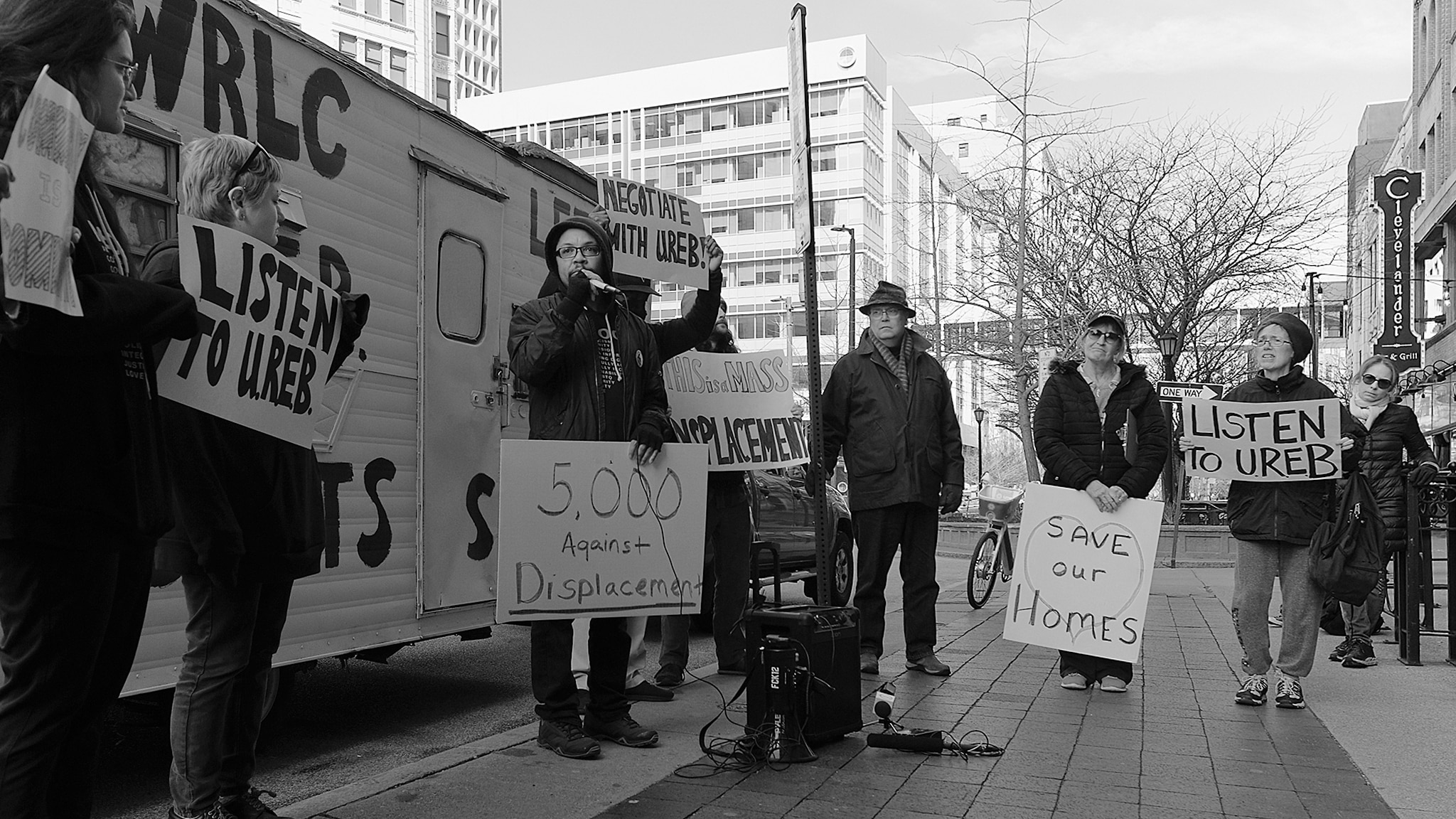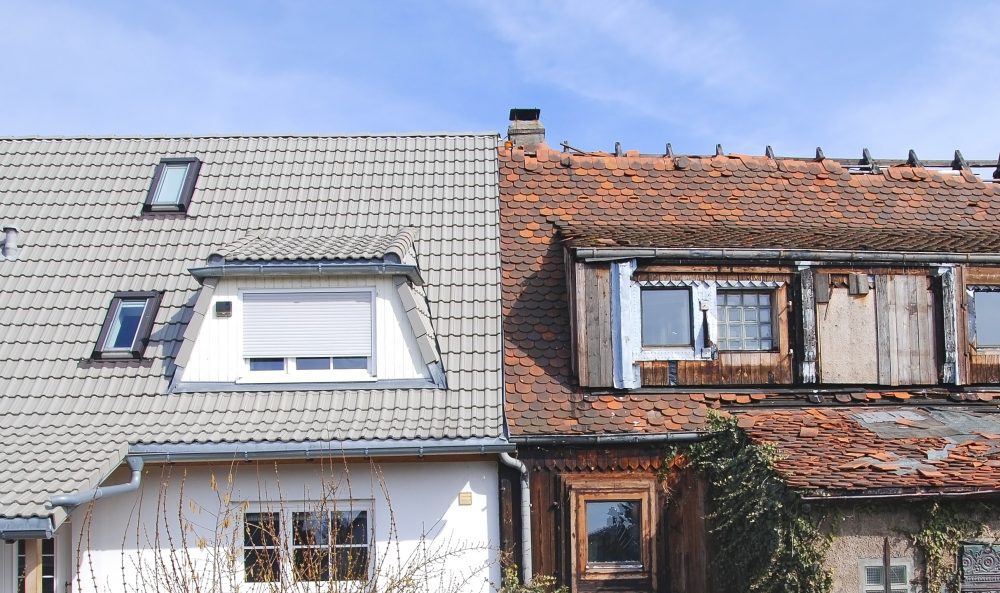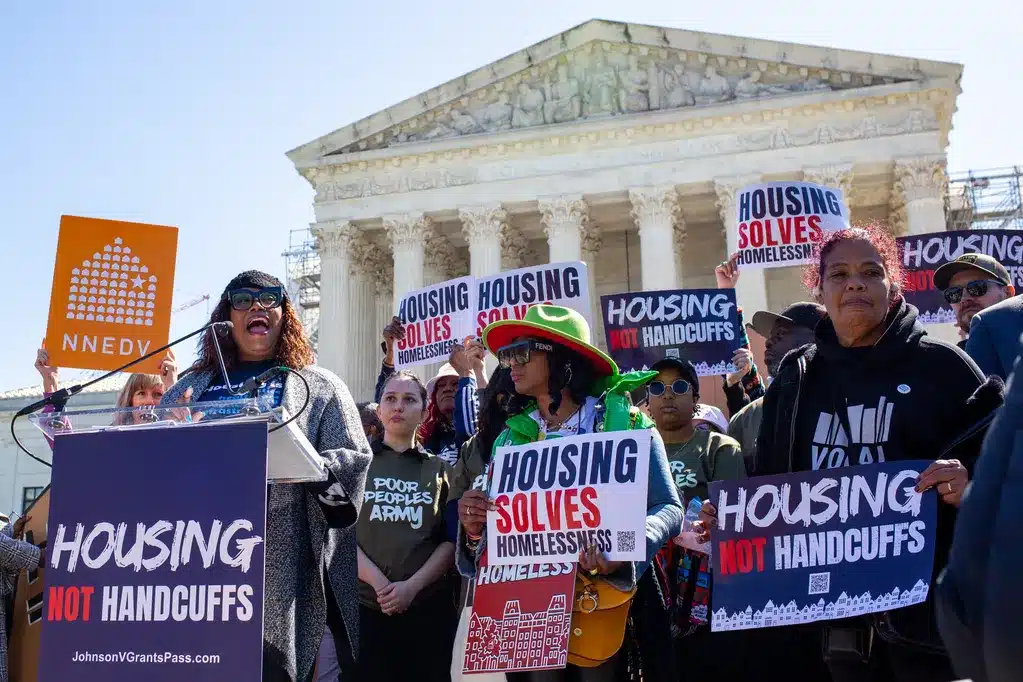In the near future, nearly half of the United States could experience increased mortgage fees. FHFA acting director Ed DeMarco announced a proposal to change its standard practice of treating all states equally by creating a new mortgage fee structure that varies by state. The way it works is that you will be charged increased mortgage fees when purchasing a home if you live somewhere that uses the judicial system to process its foreclosures.
DeMarco’s reasoning for the proposal is that foreclosures settled in court cost the FHFA more time and money than foreclosures that are settled outside of court. By padding mortgage costs up front, he claims he’s reducing FHFA’s risk. Unfortunately, this complex fee structure misses the target. It will not save time or money or serve as a deterrent to servicers who pass the cost on to homeowners. Rather, it acts as a penalty for states that provide a judicial outlet for grievances between homeowners and lenders. An analysis by HousingWire found that the judiciary process does not equate to a drawn-out foreclosure. In fact, the states with the slowest processing of delinquencies—Washington, Alabama, and Mississippi—do not use the judicial process for foreclosures, while some of the states with the fastest foreclosure processing—Iowa, New Mexico, and Minnesota—do use the judicial process.
This proposed policy ignores the reality that servicers have monetary incentives to drag out foreclosure proceedings. To truly address the issue of prolonged foreclosures, the FHFA should focus on the way mortgages are serviced. DeMarco’s proposal will do little to change the realities of the mortgage servicing sector. Rather, the proposal will likely increase the cost of credit, leaving communities of color and low- and middle-income communities with fewer credit options.
A plan to increase fees for states that provide judicial recourse for delinquent homeowners fails to take into account the complexities of the foreclosure crisis. If implemented, it will affect the 21 states that are judicial, meaning that a substantial number of future homeowners could be affected. There is no need to punish a state for the protections it has put in place to safeguard homeowners from wrongful foreclosures.
This pattern of thinking underscores the urgent need to hear from both presidential candidates on the matter of housing. How do they feel about raising mortgage fees for specific states? Advocates and counselors in the trenches are speaking out and have initiated a drumbeat for effective and proven approaches to processing foreclosures smoothly and repairing the housing market. They have long recognized that troubled homeowners do not want to live in limbo, and that delays in the foreclosure process range widely based on the random inefficiencies of servicers’ bookkeeping. With this recent proposal, the FHFA has left us stunned yet again. This proposal signals a dismantling of the judicial process and the protections it affords both homeowners and lenders. Rather than assist a true economic recovery with a positive and lasting change, this proposal will further erode the ability of many homeowners to get back on their feet.
One ray of hope is that the FHFA will soon open up this proposal for comment. We strongly recommend that homeowners, advocates, and stakeholders follow this comment period very closely and be sure to submit their thoughts on where the FHFA should actually devote its energy—that is, toward making aggressive changes in servicing standards.




Comments